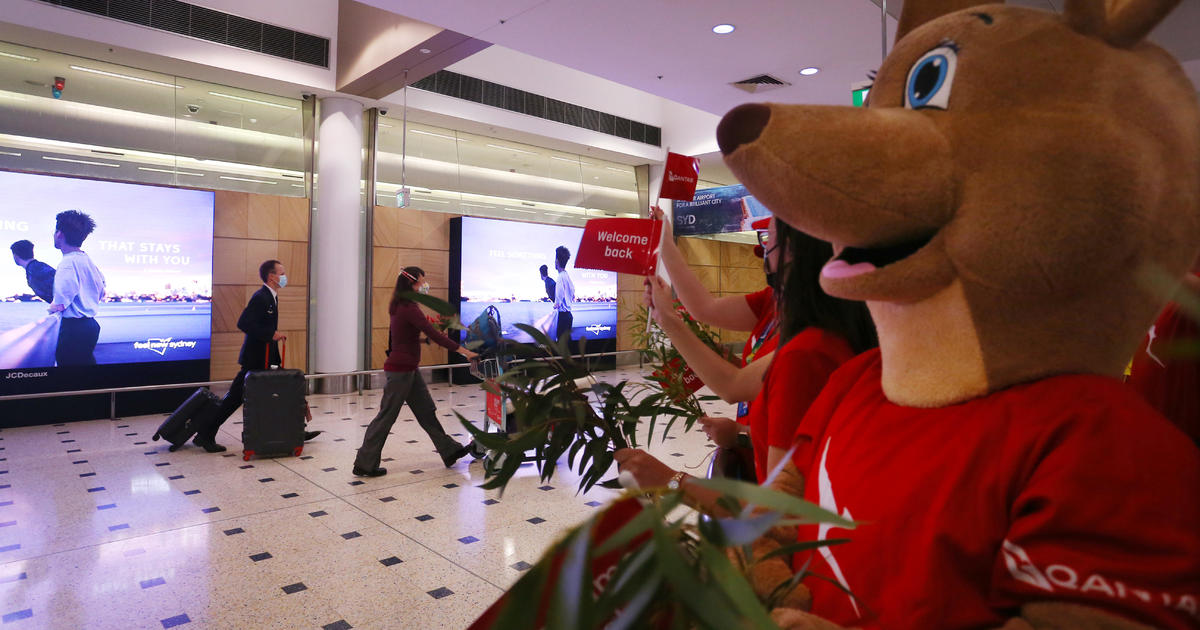[ad_1]
Sydney — Australia will ban imports of disposable vapes from Jan. 1, the government said Tuesday, slamming the devices as recreational products addicting children. The block on single-use vapes is aimed at reversing a “disturbing” increase in vaping among young people, Health Minister Mark Butler said.
Australia first revealed the import ban in May but had not given a start date until now.
Vaping had been sold to governments as a tool to help long-term smokers quit, Butler said.
“It was not sold as a recreational product, especially not one targeted to our kids, but that is what it has become,” the minister said. “The great majority of vapes contain nicotine, and children are becoming addicted.”
About one in seven children aged 14-17 uses vapes, the government said in a statement. It cited “consistent evidence” that young Australians who vape are about three times more likely to take up tobacco smoking.
Legislation will also be introduced in 2024 to outlaw the manufacture, advertising or supply of disposable vapes in Australia, the government said.
The import ban was hailed by the Australian Medical Association.
“Australia has been a world leader in reducing smoking rates and the subsequent health harms, so the government’s decisive action to stop vaping in its tracks and prevent further harm is very welcome,” said association president Steve Robson.
Mark Evans/Getty
The government said it was also introducing a scheme to enable doctors and nurses to prescribe vapes “where clinically appropriate” from Jan. 1.
Australia’s anti-smoking battle
Australia has a long record of fighting smoking.
In 2012, it became the first country to introduce “plain packaging” laws for cigarettes — a policy since copied by France, Britain and others.
High taxes have pushed up the price of a packet to about Aus$50 (about $33).
For some people who would otherwise never have smoked, vaping is a “dangerous gateway” to tobacco, said Kim Caudwell, senior lecturer in psychology at Australia’s Charles Darwin University.
“So you can understand how at the population level, increased vaping and a resurgence of tobacco use will impact population health in the future.”
Neighboring New Zealand until recently stood alongside Australia at the forefront of the battle against smoking.
But its new conservative coalition government, which took power this week, has now promised to scrap a so-called “generational smoking ban” that would have stopped sales of tobacco to anyone born after 2008.
“I was absolutely shocked and appalled. It is one of the worst days I can remember for public health,” University of Otago tobacco control expert Richard Edwards told AFP. “It is public health vandalism.”
[ad_2]





